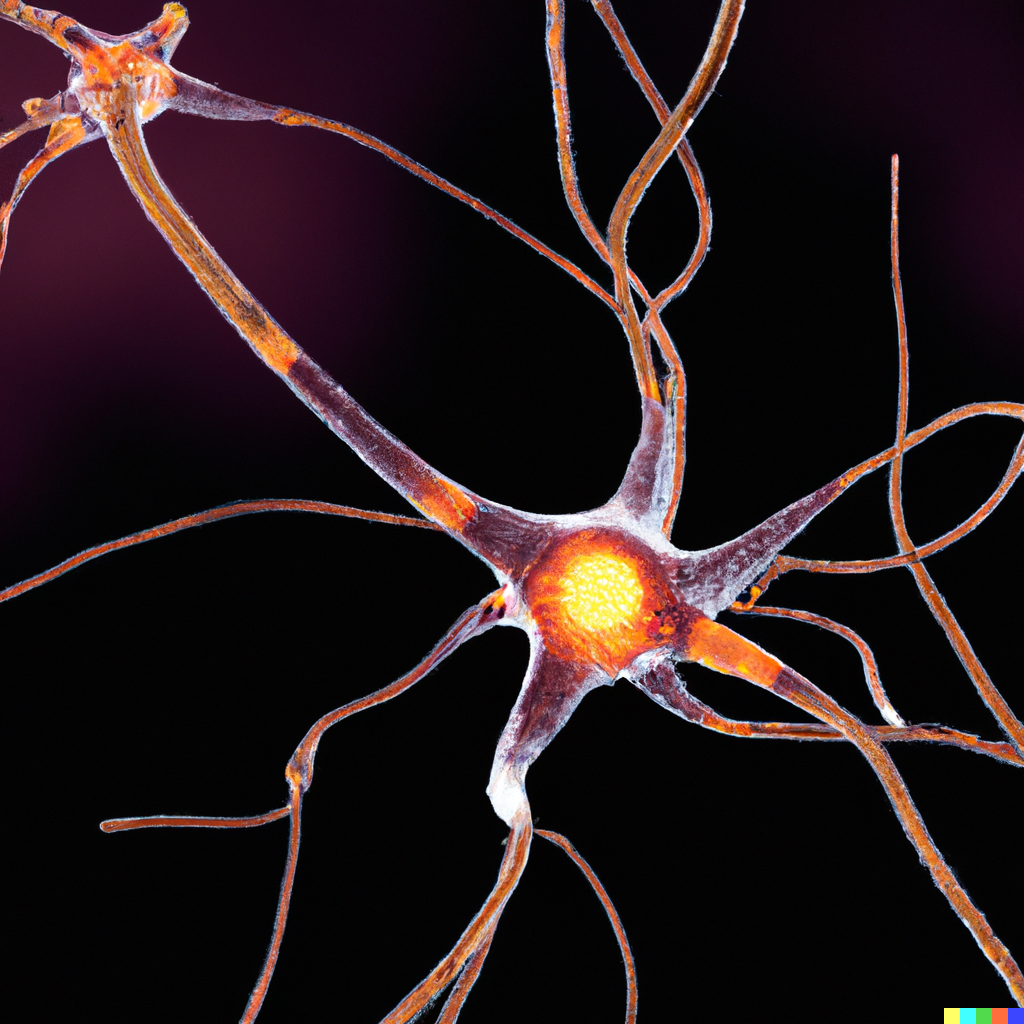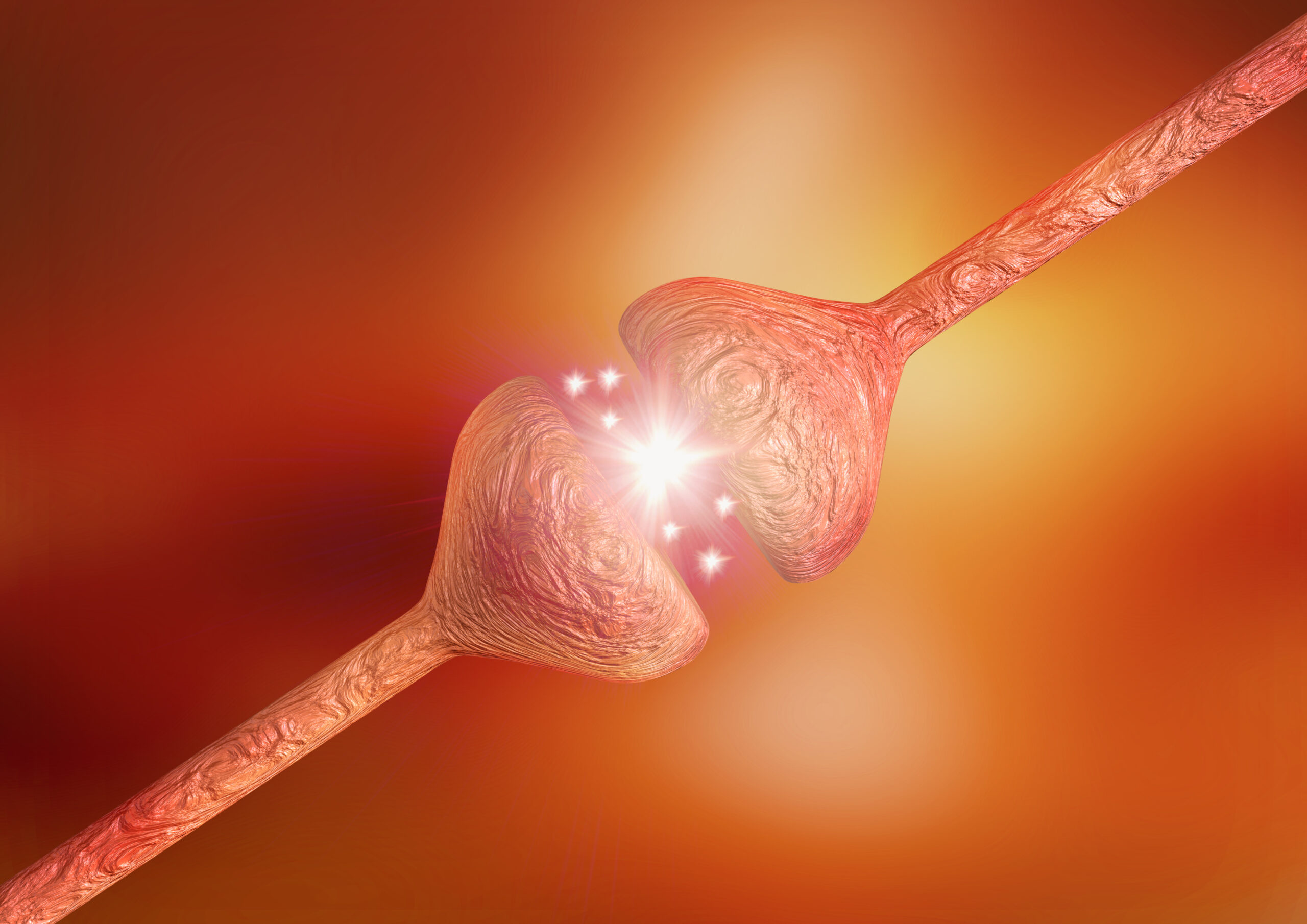Does Dementia Cause Incontinence?

Loved ones with dementia often can have incontinence, which is the inability to control their bladder or bowel movements. Incontinence can be caused by a variety of factors including changes in brain function, physical issues, medication side effects, and more. It is important for people with dementia to receive proper medical care and management to help control and treat incontinence.
Dementia or Alzheimer’s Disease can contribute to incontinence in several ways. Changes in brain function associated with dementia can affect the ability to recognize the need to use the bathroom and to communicate that need to others. Dementia can also make it more difficult for a person to control their bladder or bowel movements. Additionally, certain medications used to treat dementia can cause side effects such as incontinence. While incontinence is not always a symptom of dementia, it can be a complication of the condition and can have a significant impact on a person’s quality of life.
As a caregiver for someone with dementia and incontinence, it is important to approach the situation with patience and understanding. Incontinence can be a frustrating and embarrassing experience for the person with dementia, and it is important to provide them with the necessary care and support to manage their condition. Here are some tips for living with incontinence and caring for someone with dementia:
- Keep a routine: Establishing a regular routine for using the bathroom can help the person with dementia reduce the risk of accidents.
- Encourage fluid intake: Adequate fluid intake can help maintain bladder and bowel control.
- Use incontinence products: Incontinence products such as pads and adult diapers can help manage accidents and maintain the person’s dignity.
- Promote hygiene: Good hygiene is important for preventing skin irritation and infections. Regular cleansing and drying of skin is necessary.
- Encourage physical activity: Regular physical activity can help strengthen the muscles that control bladder and bowel movements.
- Be patient and understanding: Incontinence can be a difficult and embarrassing experience for the person with dementia. Caregivers should approach the situation with patience and understanding and avoid becoming frustrated or angry.
- Seek medical help: If incontinence becomes a persistent problem, it is important to seek medical help to rule out any underlying medical conditions that may be contributing to the problem.
Caring for someone with dementia as well as incontinence can be challenging, but it is important to provide the person with the necessary care and support to help them manage their condition. By working together, caretakers and their loved ones can ensure that the individual dementia is comfortable, never scared, and always feels that they are being cared for and loved.





